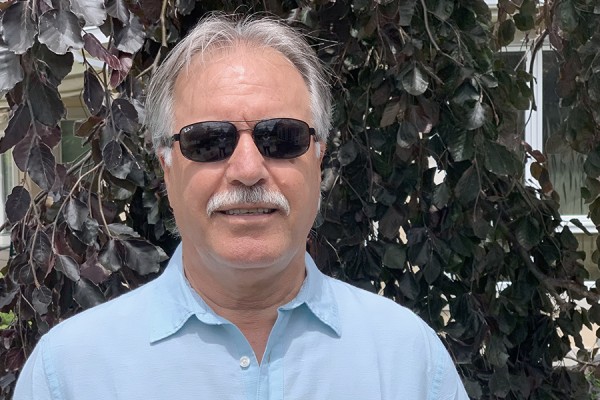 UWindsor professor Reza Nakhaie will work with the local YMCA to study the effects of COVID-19 on the mental health of immigrant and refugee youth.
UWindsor professor Reza Nakhaie will work with the local YMCA to study the effects of COVID-19 on the mental health of immigrant and refugee youth.
Social isolation and government rules related to COVID-19 may be having extraordinary effects on young immigrants and refugees. Or, perhaps, teens and young adults who have faced an uprooting of their lives are better able to take a global pandemic in stride.
“We assume the effects are all negative effects, but this is an open question,” said UWindsor sociology professor Reza Nakhaie.
Dr. Nakhaie has been awarded nearly $20,000 to research the effects of pandemic measures on the mental health of newcomers aged 14 to 24. He has partnered with the local YMCA and fellow sociologist Howard Ramos to conduct interviews and compile data. He hopes to begin sharing his findings early next year.
Nakhaie said he expects to hear that the pandemic has been especially hard on recent immigrants.
“They’ve already lost their family and social networks and support from their home countries. Their sense of belonging has already been diminished because of immigration. Now there’s a new layer of isolation for them because of COVID-19.”
They will have lost their ability to attend religious services or gather with new friends they’ve made.
“The isolation they feel will be exacerbated by the mandated social distancing.”
But, he said, immigrant youth, particularly refugees, might be more resilient than young Canadians who have not faced the same degree of turmoil in their lives.
Nakhaie conducted a recent study on truancy among refugee and immigrant youth. For his new study, he hopes to re-interview some of those same people, and more.
Nakhaie likens immigration to repotting plants.
“Just like the plants, it takes time for new immigrants to put down roots.”
COVID-19, he said, interrupted the process further.
Nakhaie said immigrant youth may be feeling a disproportionate amount of depression, fear, stress, and anxiety due to the isolation caused by social distancing. They may resent government restrictions resulting in their social isolation and feelings that their lives are over-regulated.
“Under these conditions, egoism and fatalism may take hold,” Nakhaie said, citing literature that links isolation and regulation with mental health, self-harm, and suicide.
Funding for the study is coming from the Child and Youth Refugee Research Coalition at Dalhousie University. The coalition, headed by Michael Ungar, received $2.5 million from the Social Sciences and Humanities Research Council in 2017. Researchers compete annually for funding from the grant.
The local YMCA will provide $10,000 in in-kind contributions to the research by connecting Nakhaie with young newcomers and providing translation services.
Nakhaie said he intends to hire a refugee student to help with the project. The study will also provide research opportunities for two graduate students.
—Sarah Sacheli
